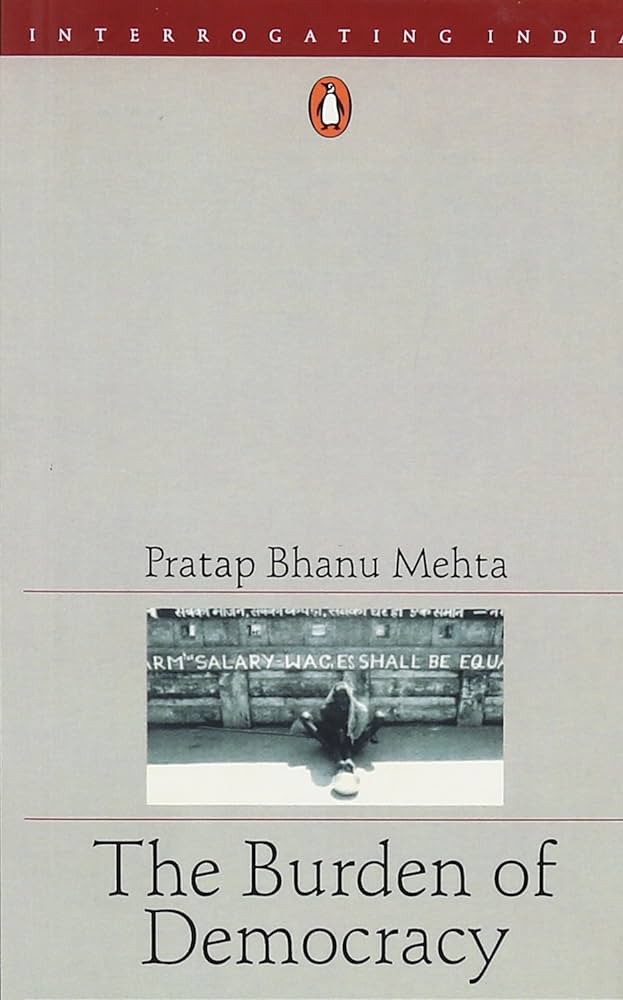What do you think?
Rate this book


192 pages, Mass Market Paperback
First published January 1, 2003
India has worked not because of 'unity in diversity', the presence of locus of identity beneath differences, as the state is fond of telling us. We have flourished rather because we are 'diverse in our unities', each able to imagine a connection with others in his/her own way.